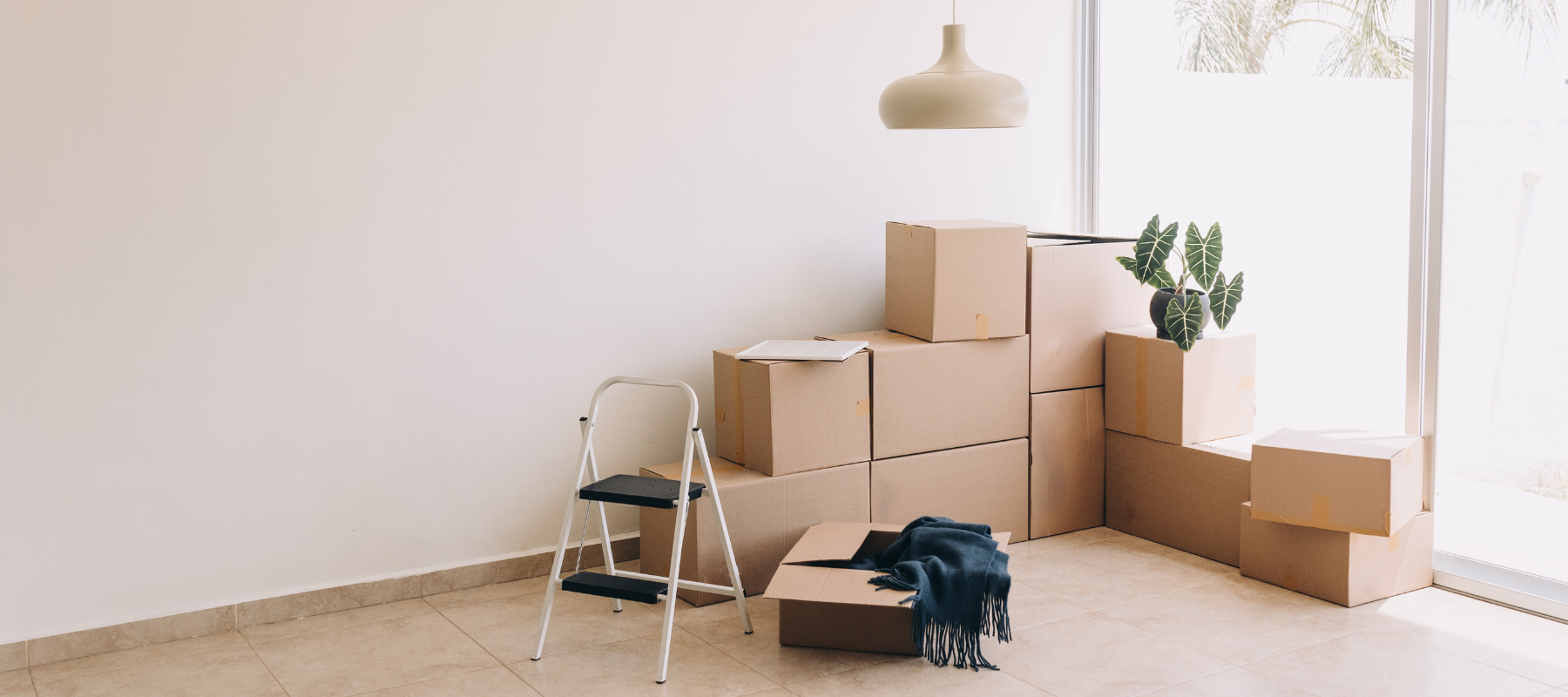10 First-Time Homebuyer Mistakes to Avoid
Looking for a home before applying for a mortgage
We know this is a challenge! It is exciting, this will be the first time you own the space you are living in. The temptation to start looking right away is strong! However, when the housing market is tight it is important to get in front of a mortgage lender before you start looking.
You are going to get taken seriously in a competitive market if you already have mortgage pre-approval. This minimizes the risk for sellers and helps raise your chances of closing on the house you fall in love with!
Buying more house than you can afford
Another common first time homebuyer mistake is deciding to buy a house you can’t actually afford. It can be easy to think that a little stretch won’t hurt if you get to have that beautiful kitchen, but most of the time this is never a good idea.
It is important to stick to your budget so that you don’t fall victim to foreclosure during tough financial times. It is impossible to predict the future and if something happens that leaves money tight you won’t have room in your budget for anything else. Being “house poor” affects other financial opportunities such as vacation, a child’s education, or retirement.
Draining your savings
But this is what you have been saving for anyways right? Yes and no. Scraping together almost all of your savings to make the down payment and closing costs can be a large financial mistake. This typically happens when buyers are trying to put 20 percent or more down so that they don’t have to pay the PMI (private mortgage insurance) which will save a lot on the monthly mortgage payment but if it leaves you with no emergency funds, it is not worth it.
It is best to have three to six months of living expenses in an emergency fund even after you close. If you are going to have to wipe your savings to put down 20% it is best to just pay the mortgage insurance or wait to purchase until you have more saved up.
Forgetting moving and other upfront costs
Buying a house is expensive but so is the actual moving process! Between renting a truck, hiring movers, buying boxes, or dealing with storage it is important to have some savings leftover. It is also important to budget for minor repairs. Even if you aren’t renovating your home, things like paint and hardware can add up fast!
Miscalculating repair/renovation costs
If you are a fan of HGTV this is an easy mistake to fall into. Television shows make renovations look fun, fast, cheap, and easy, four things that in reality they are far from.
It is important not to miscalculate the cost of the renovations you need to make because this needs to be included in your budget. Surprise dips into savings to save you from a plumbing disaster can be costly. To help avoid this mistake, seek more than one estimate for expensive repairs and still add a little extra to your budget to be safe.
Looking for a perfect house and forgetting the neighborhood
Let me guess, you found your dream house but it is forty-five minutes away from your work, not in a good school district, and the neighborhood has no sidewalks. Don’t be blinded by a pretty house and forget the neighborhood! The neighborhood you choose to live in will have a huge impact on how much you end up loving your house! Save yourself the headache and factor in the neighborhood as a top priority while hunting.
Signing a contract prematurely
When signing a contract it can be shocking to find how binding it can be. If you make the decision to go ahead with any housing investment but then have a change in income, unfortunately, you will be stuck paying the same amount of money that you agreed to pay on the contract. It is important to realize the commitment that comes along with a contract and the stability of your living before you start shopping and signing.
Treating your first home as an investment
This does not mean that buying a home isn’t an investment, because it is! Purchasing a home is a huge investment but it shouldn’t be a lifelong investment. Your first home is most likely not going to be the home you are going to live in forever or even long term. So while it is tempting to buy a dream house that you think you will live in for years to come, life doesn’t typically go as we predict so it is better to treat your home as an investment just not a forever investment.
Skipping the home inspection
You know how Amazon will ask if you want a warranty on your new vacuum cleaner and you always hit no? This is not one of those situations. Skipping a home inspection is a one-way ticket to dumping money down the drain later. It can save you tens of thousands of dollars in home repairs, system breakdowns, and insurance deductibles. While an inspection can be an upfront investment, their findings can be the basis for re-negotiating the contract for repairs, discounts, or cancellations.
Choosing style over structure
Don’t let minor cosmetic issues scare you away from a good house! Your home may not look exactly like how you imagined it on closing day but that doesn’t mean it's a bad home. When you know what to look for when buying a house you can look past the small defects.
Easy things to fix like ugly paint, old carpet, and bad landscaping can make a large cosmetic difference. Instead while you are out hunting watch out for things that are difficult or impossible to fix. An awkward floor plan will be even worse in five years and major repairs to the roof, foundation, and plumbing could end up being more than you can afford.










